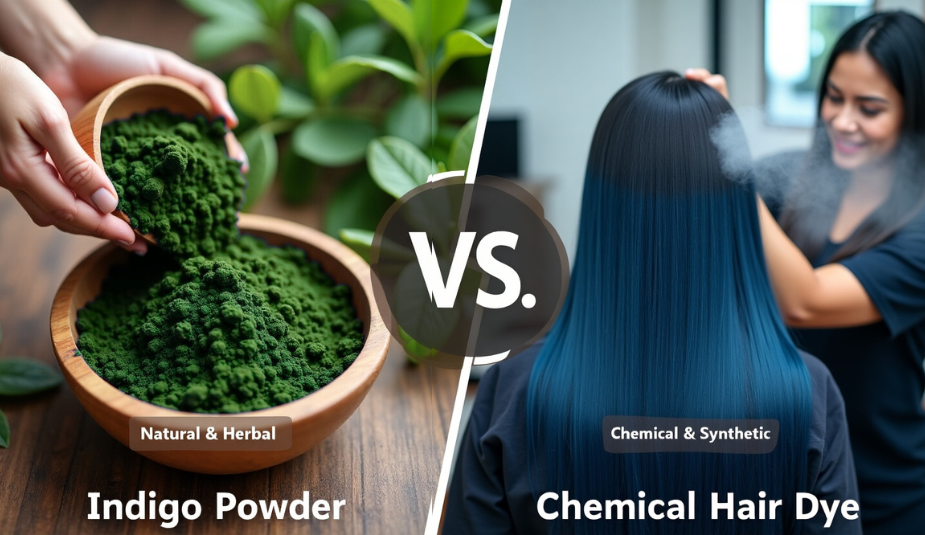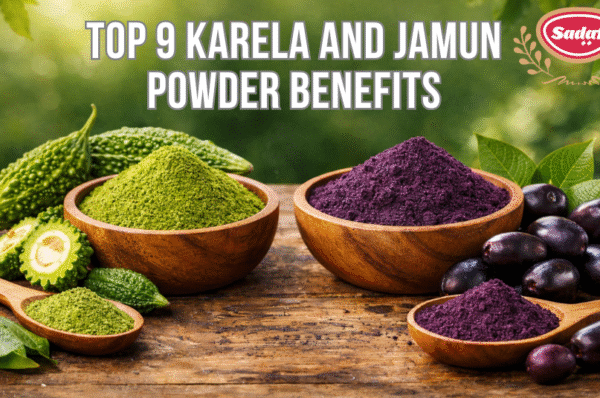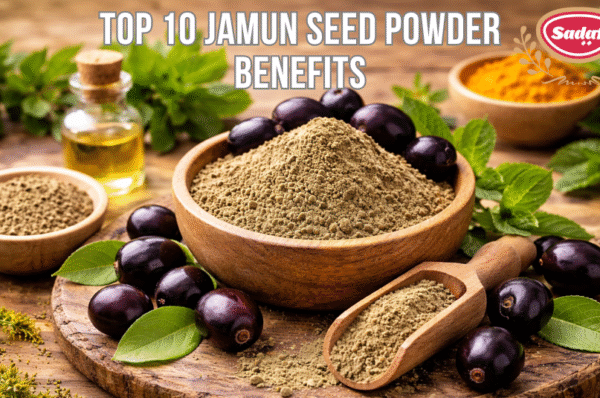In the pursuit of healthy, lustrous hair, many people are now choosing natural alternatives to conventional chemical products. Among the most talked-about options is indigo powder for hair. But how does it compare to traditional hair dyes when it comes to maintaining hair health? In this blog, we’ll take a deep dive into both options, analyze their effects on hair, and help you make an informed choice.
Table of Contents
Understanding Indigo Powder for Hair
What is Indigo Powder?
Indigo powder for hair is derived from the leaves of the Indigofera tinctoria plant. This natural dye has been used for centuries in ancient Indian and Ayurvedic traditions to impart a rich blue-black color to hair. Unlike chemical hair dyes, indigo is free from harmful additives like ammonia and PPD.
When combined with henna, indigo powder offers a two-step coloring solution that gives you a deep black or dark brown shade naturally.
If you’re looking for a gentle coloring agent that also improves hair texture, indigo is a great choice. Learn more about the best henna for hair without chemicals to pair with indigo for optimal results.
Traditional Hair Dye – A Closer Look
What’s in Chemical Hair Dyes?
Conventional hair dyes contain synthetic chemicals that penetrate the hair shaft to alter its color. Ingredients like ammonia, hydrogen peroxide, and para-phenylenediamine (PPD) are common, and while they offer fast and lasting results, they come at a cost.
These chemicals can strip your hair of natural oils, weaken the hair structure, and cause scalp irritation. Over time, this leads to hair thinning, dryness, and even hair fall.
Indigo Powder for Hair – Benefits for Hair Health
Why Choose Indigo Over Hair Dye?
- No Harsh Chemicals
Indigo powder for hair is 100% natural and free of ammonia, sulfates, or parabens, making it safe for sensitive scalps. - Improves Hair Texture
Unlike chemical dyes that damage the cuticle, indigo coats the hair shaft and strengthens it, leaving your hair looking fuller and shinier. - Prevents Premature Greying
Regular use of indigo not only colors grey hair naturally but also delays further greying. - Soothing for the Scalp
Indigo has cooling properties that reduce scalp inflammation and dandruff issues.
Pairing indigo with natural ingredients like Multani Mitti can further nourish your scalp, promoting hair health from the root.
The Downside of Chemical Hair Dyes
Long-Term Hair Damage
Regular application of synthetic dyes leads to long-term damage. Frequent coloring:
- Weakens hair follicles
- Causes split ends
- Increases hair breakage
- Triggers allergic reactions in some users
Additionally, chemical dyes often require high maintenance and regular touch-ups, which increases the exposure to harmful substances.
Indigo Powder for Hair – Application Guide
Step-by-Step Usage
Using indigo may take a little more effort than applying store-bought dye, but the results are worth it.
Step 1: Apply henna first and let it sit for 2–4 hours. Rinse it off.
Step 2: Mix indigo powder in warm water and let it rest for 15–20 minutes.
Step 3: Apply the indigo paste to your hair and leave it for 1–2 hours.
Step 4: Rinse with plain water (avoid shampoo for 24 hours).
This process ensures rich, long-lasting color without the damage.
For even better hair health, you can also apply rose water to your scalp post-application to hydrate and calm the skin.
Natural Ingredients That Support Hair Health
Combining indigo with other Ayurvedic ingredients enhances its benefits:
- Henna: Natural conditioner and coloring base
- Amla Powder: Strengthens hair roots and prevents greying
- Chandan Powder (Sandalwood): Soothes scalp inflammation
- Multani Mitti: Detoxifies the scalp and improves blood circulation
Check out these powerful ingredients and their benefits in these Sadaf blogs:
Comparing Color Results – Indigo Powder vs. Hair Dye
Natural vs. Synthetic Finish
- Indigo Powder for Hair: Provides a more natural, subtle black tone. Color deepens over time and blends well with natural hair shades.
- Hair Dye: Offers bold, instant results but may look artificial or too harsh for some hair types.
Longevity of Color
Indigo’s color lasts up to 4 weeks and fades naturally. Chemical dyes may last longer but often require root touch-ups and expose the scalp to repeat chemical stress.
User Experience and Hair Feel
People using indigo powder for hair often report softer, smoother hair with less frizz and breakage. In contrast, users of hair dye frequently experience dryness and brittleness after just a few applications.
Cost and Accessibility
Indigo is widely available online and affordable. For a natural and reliable brand, consider trying this Indigo Powder on Amazon. Not only is it cost-effective, but it also provides long-term benefits without harming your hair.
Final Verdict – Which One Should You Choose?
If your priority is long-term hair health, indigo powder for hair is the clear winner. It offers natural color, strengthens the hair, and avoids the harsh chemicals found in traditional hair dyes. While synthetic dyes provide quicker results, the damage they cause often outweighs the convenience.
By incorporating other natural skincare and haircare routines – like using Multani Mitti, Chandan Powder, or rose water – you can create a holistic wellness routine that promotes both inner and outer beauty.
Conclusion
In the debate of Indigo Powder vs. Hair Dye, it’s not just about color—it’s about choosing what’s healthier for your scalp and strands. With its nourishing properties and chemical-free formulation, indigo powder for hair is a time-tested alternative that supports your long-term hair goals.
Whether you’re combating premature greying or simply want a natural alternative to dye your hair, switching to indigo can transform your hair care journey into something more sustainable and rewarding.





Comments (2)